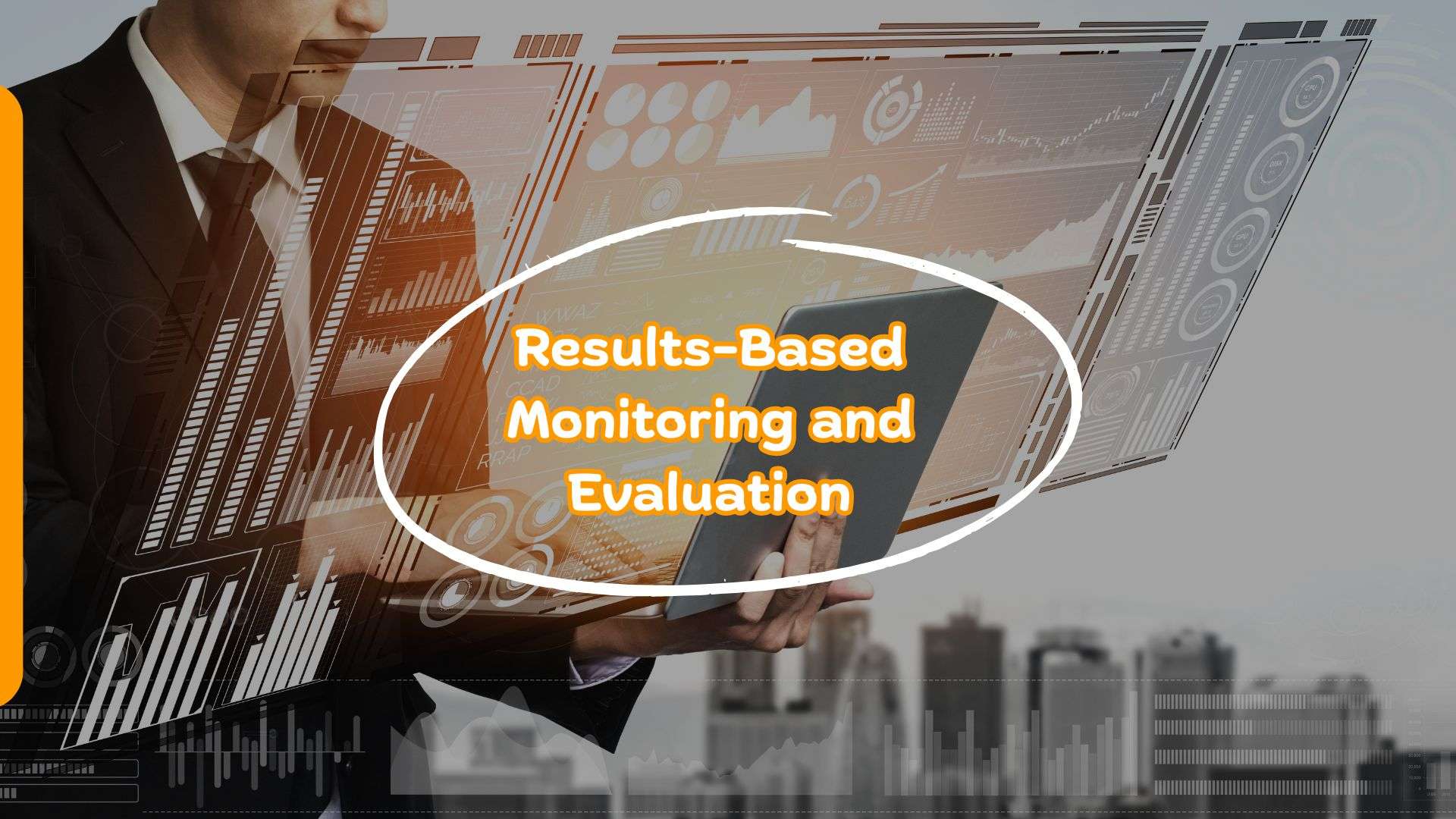
Training on Results-Based Monitoring and Evaluation
Results-based monitoring and evaluation (M&E) is a powerful approach that can be used to help policymakers and decision-makers track progress and demonstrate the impact of a given project, program, or policy. Results-based M&E differs from traditional implementation-focused M&E in that it moves beyond an emphasis on inputs and outputs to a greater focus on outcomes and impacts with techniques for linking and tracking indicators to assess the progress of a project to achieve long-term results.
This course equips participants with skills in setting up and implementing results-based monitoring and evaluation systems. The participants will benefit from the latest M&E practices including the results and participatory approaches. This course will bring learning to practice for participants to learn about the results levels.
Target Participants
This course is designed for researchers, project staff, development practitioners, managers, and decision-makers who are responsible for project or program-level M&E. The course aims to enhance the skills of professionals who need to research, supervise, manage, plan, implement, monitor, and evaluate development projects.
Course Duration
Online 7 days
Classroom-based 5 days
What you will learn
By the end of this course the participants will be able to:
- Determine the relevant stakeholders involved in monitoring and evaluation of projects
- Clarify key project results levels
- Design a project using a logical framework
- Develop indicators and targets for each result level
- Track performance indicators over the life of the project
- Evaluation of a project against the set results
- Develop and implement an M&E system
- Develop a comprehensive monitoring and evaluation plan
Introduction to Project Management
- Introduction to project management
- Project cycle management
- Triple constraints in project management
- M&E in project management
Introduction to M&E
- Definition of monitoring and evaluation
- Why monitoring and evaluation are important
- Key principles and concepts in M&E
- Monitoring and evaluation processes
Results-Based Management
- Introduction to a results-based management approach
- Steps in results-based management
- Application of results-based management in project design
- Understanding the results chain approach
Project Analysis
- Problem analysis
- Objectives analysis
- Strategy analysis
Project Logic Design
- Introduction to problem analysis
- Understanding M&E causal pathway
- Developing the project results levels: goal, outcomes, and output
- Formulating activities
Project Indicators
- Introduction to project indicator
- Indicator development
- Predefined indicators
- Linking indicators to results in programs
- Indicator matrix
- Program indicator performance tracking
Completing the M&E Tools
- Completing the logical framework
- Developing a theory of change
- Completing the performance measurement framework
Project Monitoring
- Introduction to programs monitoring
- Types of monitoring
- Monitoring strategies
- Tools for monitoring and performance measurement
M&E Reporting
- Introduction to reporting
- Key elements in progress reporting
- Reporting schedules
M&E Plan
- Introduction to M&E system and M&E Plan
- Components of the M&E Plan
- Developing the M&E Plan
- Implementing the M&E plan
Baseline Studies in Results-based M&E
- Importance of baseline studies
- Process of conducting baseline studies
- Baseline study vs evaluation
Project Evaluations
- Introduction to project evaluation
- Types of evaluations
- Process of conducting evaluation
- Project evaluation criteria
- Developing evaluation questions
- Developing evaluation matrix
- Evaluation Reporting
Overview of Impact Evaluation
- Introduction to impact evaluation
- Project attribution for the outcome of interest
- Impact evaluation designs
Learning in M&E
- Introduction to learning
- Documentation of lessons learned and best practices
- Use of learning to improve and strengthen projects
- M&E Results dissemination

